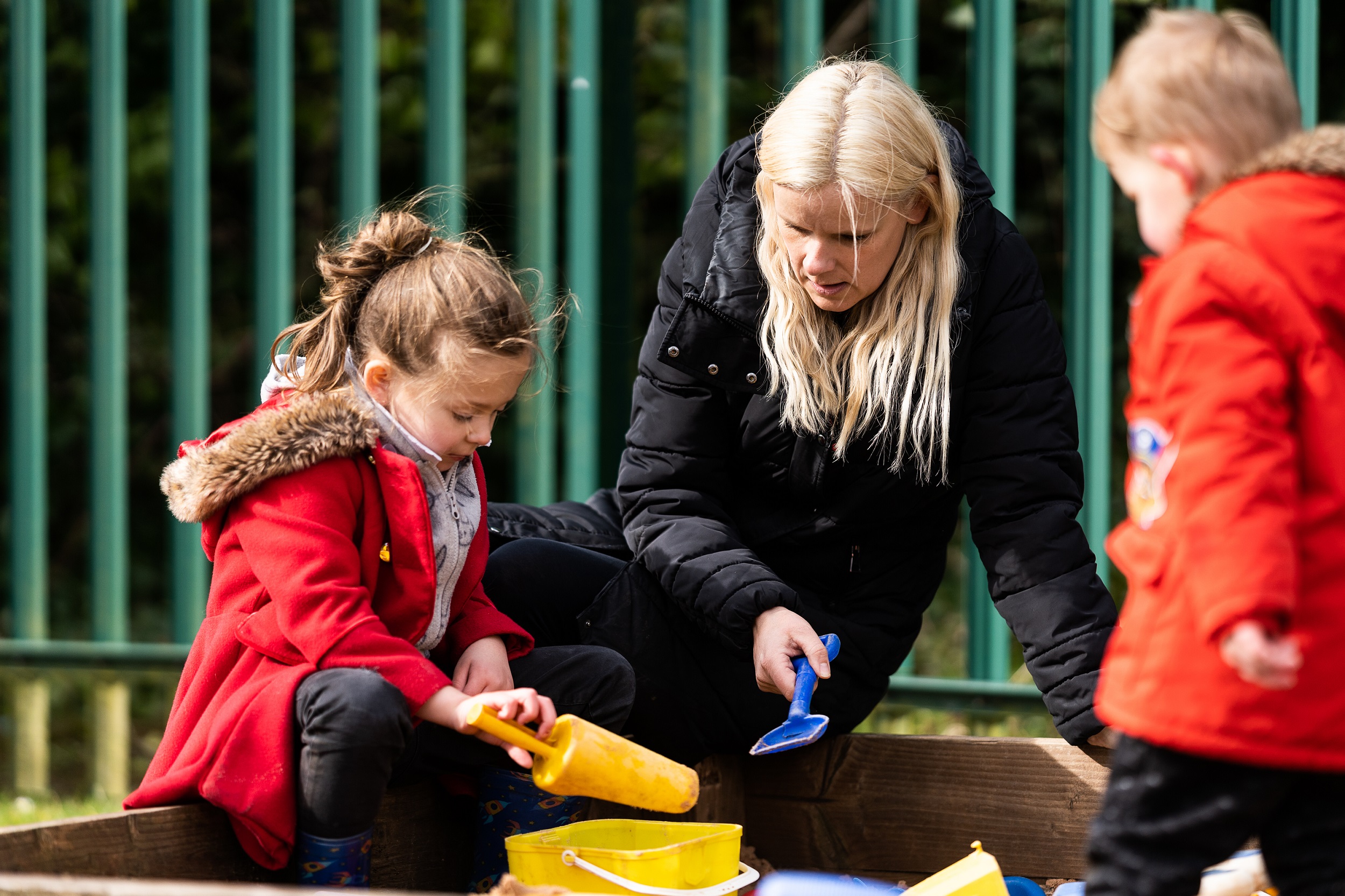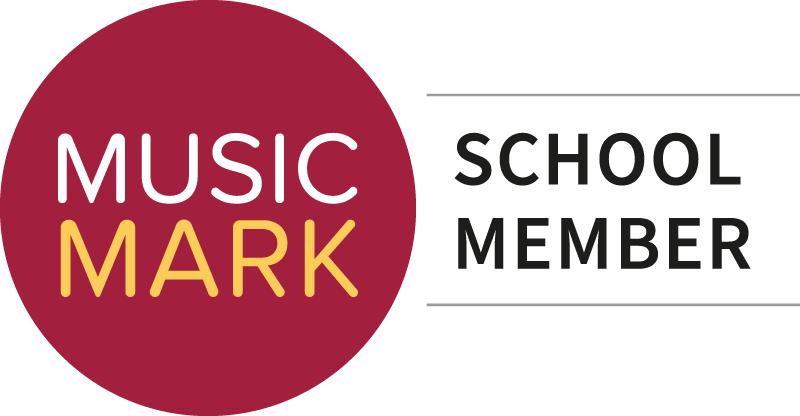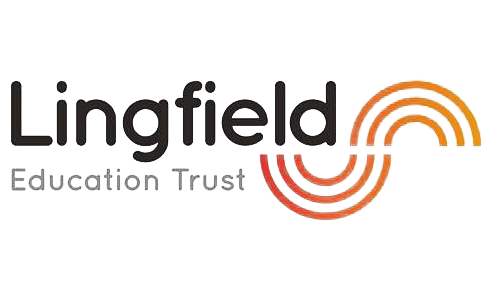Reading
Why is it important for my child to read?
The ability to read is vital. It paves the way to success in school, which can build self-confidence and motivate your child to set high expectations for life.
People read for many reasons:
- for pleasure and interest
- for work
- to obtain information that will help them make choices and decisions
- to understand directions (such as those on street signs and in recipe books)
- to learn about the world
- to keep in touch with family and friends
How will my child learn to read?
Learning to read does not happen all at once. It involves a series of stages that lead, over time, to independent reading and to fluency. The best time for children to start learning to read is when they are very young, usually at the preschool level. This is when they are best able to start developing basic reading skills. The stages involved in learning to read are listed below.
1. The pre-reader and the beginning reader:
- likes to look at books and likes to be read to
- likes to behave like a reader for example, holds books and pretends to read them
- learns about words by looking at picture books and playing with blocks that have letters on them, magnetic letters, and so on
- learns about words from songs, rhymes, traffic signs, and logos on packages of food
- learns how text works for example, where a story starts and finishes and which way the print proceeds
- begins to understand that his or her own thoughts can be put into print
- uses pictures and memory to tell and retell a story
- The emerging reader:
- is ready to receive instructions about reading
- learns that text is a common way to tell a story or to convey information
- begins to match written words to spoken words and to perceive relationships between sounds and letters
- begins to experiment with reading, and is willing to try to say words out loud when reading simple texts
- finds the pictures helpful in understanding the text, and learns that the words convey a message consistent with the pictures
- The early reader:
- develops more confidence and uses a variety of methods, such as relying on visual cues, to identify words in texts
- adapts his or her reading to different kinds of texts
- recognizes many words, knows a lot about reading, and is willing to try new texts
- The fluent reader:
- thinks of reading as a good thing and does it automatically
- uses a variety of methods to identify words and their meanings
- can read various kinds of texts and predict events in a story
- relates the meaning of books to his or her own experience and knowledge
It takes time to pass through each of these stages, and your child will need plenty of attention and support as he or she moves through them. You can play a leading role in helping your child acquire the reading skills he or she needs to succeed!
How can I help my child?
As a parent, you are your child’s first and most important teacher. When you help your child learn to read, you are opening the door to a world of books and learning. Reading aloud to children is the best way to get them interested in reading. Before long they will grow to love stories and books. Eventually they will want to read on their own.
With the help of parents, children can learn how to read and can practise reading until they can read for their own enjoyment. Then they will have a whole world of information and knowledge at their fingertips!
Reading can be a family activity. Spending time with word games, stories, and books will help your child to:
- gather information and learn about the world
- learn how stories and books work that they have beginnings, endings, characters, and themes build a rich vocabulary by reading and talking about new words
- learn how to listen and how to think
- learn the sounds of language and language patterns fall in love with books
It’s natural to want to compare your child’s reading abilities with those of other children of the same age, but not all children develop reading skills at the same pace. What’s important is that you are aware of your child’s reading level so that you can choose books and activities that will help him or her improve. Work with your child’s teacher and others to improve your child’s reading skills.







